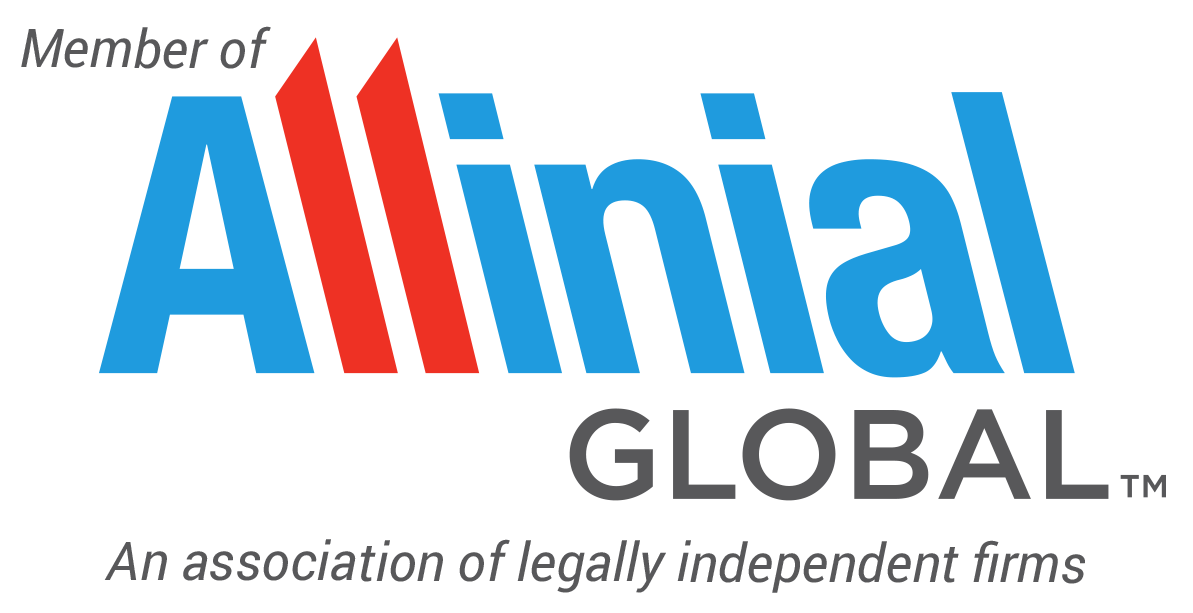We are all guilty of holding on to things because “you just never know when you’ll need it.” Or, maybe you’re the total opposite and you get rid of everything because you’re a minimalist. Either way, we know you have a lot on your plate and remembering how long you need to hold on to documents is possibly at the bottom of your to do list; but have no fear, ATKG has prepared some guidelines to help you sort through what to keep and what to toss!
According to the IRS, taxpayers are required to keep “books and records sufficient enough to establish the amount of gross income, deductions, credits or other matters required to be reported on a taxpayer’s return”. This includes things such W-2s, any 1099s or 1098s. Bank statements, charitable contribution receipts and any documents pertaining to a purchase or sale of property are also key pieces of information you should keep. You should also maintain a copy of filed tax returns, including all supporting information such as depreciation schedules.
Document Retention Roadmap
The following list outlines common documents and suggested retention periods:
Income Tax Returns and Supporting Documents (Individual and Business)
The IRS has a 3-year window of opportunity to audit you, but in some cases, this can be extended to 6 years. We suggest keeping tax returns and supporting documentation for minimum of 7 years. This applies to federal, state and franchise tax returns.
Gift Tax Returns and Supporting Documents
Keep indefinitely.
Business Payroll and Sales Tax Reports
Keep for 7 years.
Purchase and Sale Documents
Keep for 7 years after the disposal of the asset. This applies to real property, stocks and securities, and other personal and business property subject to IRS examination.
Insurance Policies and Claims Documentation
Keep for 7 years after expiration.
Loan or Lease Agreements
Keep for 7 years after maturity.
Business Organization and Related Documents
Keep for 7 years after the entity’s dissolution. This applies to formation documents, operating agreements, annual minutes, business plans, changes in ownership, and termination documents.
Financial Statements (And Audit Reports If Applicable)
Keep for 7 years.
Retirement Account Records
Keep indefinitely.
Estate Planning Documents
Keep indefinitely. This includes wills and trust documents, durable and medical power of attorneys, and beneficiary and guardianship designations
Vital Records
Keep indefinitely. This includes birth, death, marriage, divorce, and adoption documents.
We hope this information helps as a starting point for document retention for you and your business. Please note that this list is not exhaustive and that you should always evaluate if these best practices make sense for your unique situations. Having a document retention policy in place may help streamline this process for you and support why you have not retained certain documents. If you’d like help drafting a customized document retention policy for your paperwork, ATKG would love to help!
Hayley Cornelius Almaraz is a Tax senior manager at ATKG and a Certified Public Accountant. She graduated Summa Cum Laude with dual majors in Accounting and Finance and received her Masters of Accountancy from The University of Texas at San Antonio. Hayley can be reached at 210.733.6611 or via email at hcornelius@atkgcpa.com.
